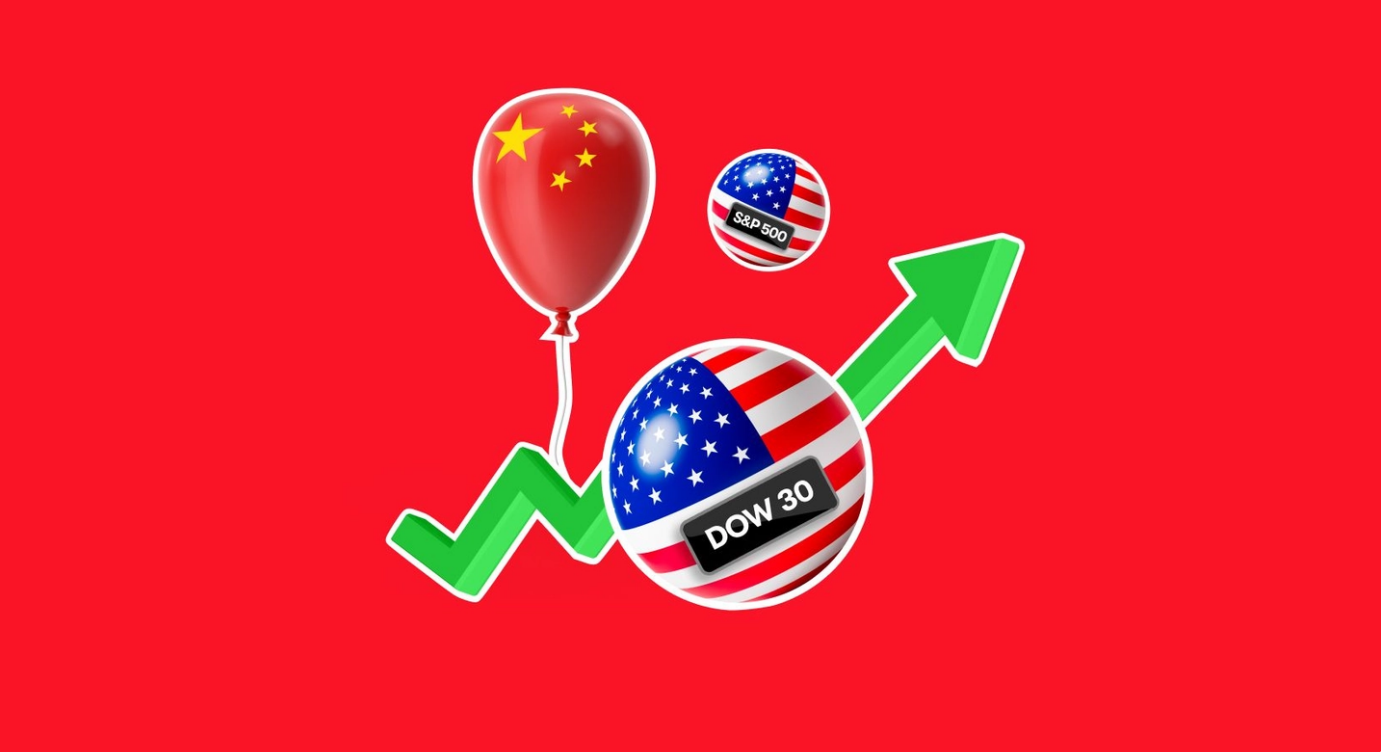The Japanese Yen is the best-performing currency due to the Bank of Japan fueling speculation of a rate alternation. Additionally, over the past week, the Japanese Yen’s performance has improved due to investors fearing the Japanese Federal Government may intervene again as the Yen declined. The Japanese Yen opened on a bullish market gap during this morning’s Asian session against all currencies. For example, the US Dollar opened on a price gap against the Yen measuring a whopping 0.55%.
In addition to the Yen, the global stock market performed well during this morning’s Asian and Futures session. The positive price action amongst stocks is due to the Dollar weakness and the positive Chinese Inflation. The Chinese Consumer Price Index is a relief for investors due to the high risk of deflation. Deflation is known to significantly damage economic growth and increase the risk of a recession. The CPI rose 0.1% in August, which is higher than -0.3% in July. The global stock market’s reaction has been positive as the CPI data lowers the risk of deflation but continues to show signs the government needs to push on with fiscal stimulus. Fiscal stimulus is again usually deemed as positive for the stock market.
However, a concern for investors is the US inflation data, which will likely have a more significant and longer-term influence. The main concern is the Saudi and OPEC-driven rise in commodity prices. The price of Crude Oil rose by 1.65% during the past week’s trading and by 7% the week before. The US Consumer Price Index is scheduled to be released on Wednesday at the start of the US trading session. Analysts expect the index to read 0.6%, the highest since July 2022, and the Core index to read 0.2%. The monthly data is significantly higher than previous months due to a rise in commodity prices and would bring inflation to 3.6%.
NASDAQ
The NASDAQ rose by 0.30% on Friday but remains lower than previous price ranges. The index’s price during this morning’s Asian session has risen by a further 0.30% for the above reasons. However, investors should note that analyst’s inflation expectations can apply significant pressure. A rise to 3.6% will mark the second consecutive month of inflation rising and is 20% higher than July’s lows. Investors’ concern is the higher inflation data will prompt the Federal Reserve to raise interest rates by a further 0.25%. The NASDAQ is known to be more pressured by interest rate hikes.
If the US Consumer Price Index reads 0.6% as per expectations, the NASDAQ is likely to experience some pressure. However, the index may remain within the price zones witnessed over the past month. However, if inflation exceeds 0.6%, the index will likely experience significant pressure as an interest rate will become “likely”. The hike may not be imminent but will likely come before the end of the year. Investors will also monitor the Producer Price Index, which will probably influence inflation over the next 2-3 months.
However, if the inflation data exceeds the analyst’s expectations, the NASDAQ may experience another bullish impulse wave. Furthermore, bond yields over the past week have remained unchanged and, therefore, have a lesser influence over the stock market. If yields fall the stock market may also experience an upward push from lower bond yields.
A slight concern for investors is the top ten performing stocks within the NASDAQ do not contain any of the assets holding the highest “weight”. In addition to this, from the top twenty performing stocks from Friday, only two of the maximum weighted stocks are included. Therefore, the most influential stocks continue to disappoint. From the assets with the highest weight, NVIDIA (-1.45%) and Tesla (-1.19%) we experienced the most substantial declines. The NASDAQ is not obtaining an active “sell” signal from price action or technical indicators. However, sell signals are likely to arise if the price declines below $15,353.
GBP/USD
The GBP/USD rose in value during this morning’s Asian session after the index opened on a bullish price gap. The exchange rate is now trading on the upper band of the price range experienced last week. The Pound will primarily be influenced by the upcoming economic data such as the Claimant Claims Tomorrow and the Average Earning Index. In addition, the UK’s Gross Domestic Product on Wednesday morning. All the above economic releases are likely to affect the Pound significantly. However, investors will specifically be focusing on the Average Earnings due to the high salaries pushing inflation high and the GDP due to the UK’s economy being at “high risk” of a recession.
The UK’s economy is again believed to show a contraction measuring 0.2%. Rising fuel prices in August will likely lead to a blip in the latest inflation numbers, released the following Wednesday, according to Chancellor Mr. Hunt and Bank of England governor Mr. Bailey. This will feed into the Bank of England’s interest rate decision in two weeks. The Pound is increasing in value against all currencies, except the Japanese Yen. The US Dollar is so far declining, but according to analysts, this may change due to the high inflation data expected on Wednesday.
Summary:
- The Japanese Yen is the best-performing currency due to the Bank of Japan fueling speculation of a rate alternation. The Governor of the Bank of Japan advises markets that rate changes may soon be possible.
- The stock market climbed after China moved out of the deflation zone due to a weaker US Dollar.
- All investors will monitor Wednesday’s US CPI reading and Thursday’s PPI. If the inflation reading exceeds previous expectations, the stock market will likely decline.
- Analysts expect the US Consumer Price Index to read 0.6%, the highest since July 2022. However, analysts expect the Core CPI data to continue to read 0.2% per previous month.
- The UK economy is again likely to experience economic contraction. The UK’s GDP reading on Wednesday is expected to read -0.2%, according to economists.

